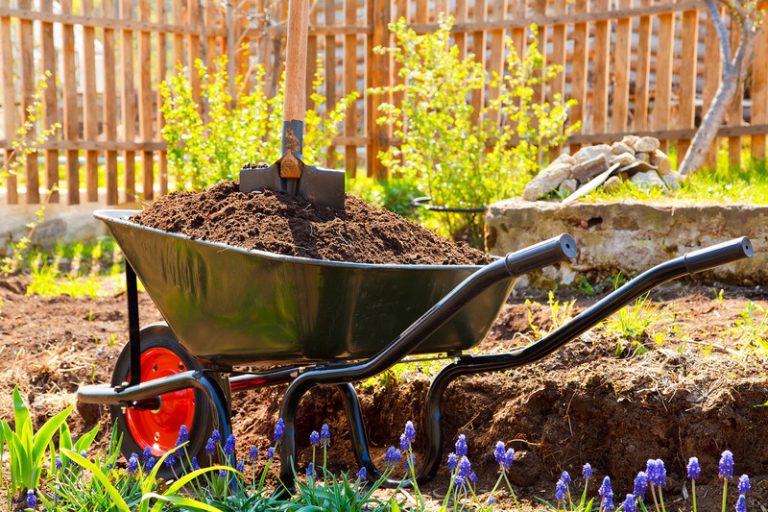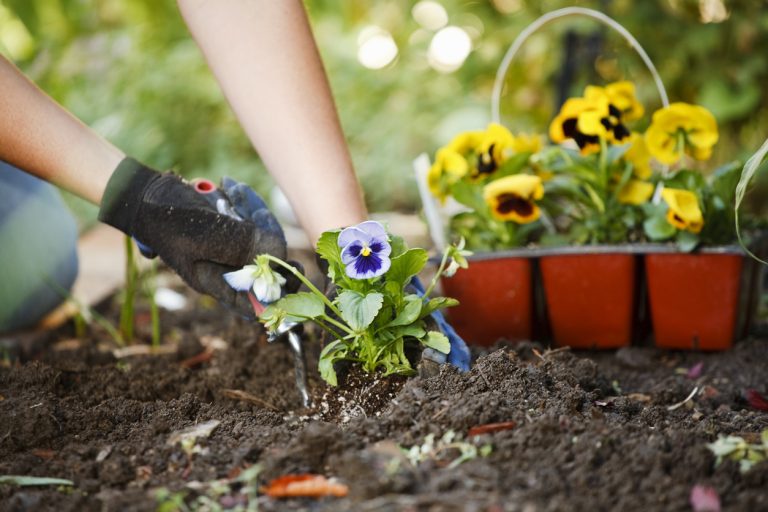Compost Buying Guide
At the time of writing, the sun is shining and it feels reasonable to think that winter is almost behind us and spring is just around the corner. While we all welcome the warmer weather this brings, gardeners in particular will be looking forward to being able to get outside and get planting, pruning and potting up.
Good compost is an essential element in any successful garden. But if you’re still a relatively inexperienced gardener, it can be confusing trying to decide which of the many types available will be best for what you are planning to grow. To that end, we’ve put together this brief guide to buying compost for beginners.

What to look for when buying compost
It’s important that you have a good idea of what you’re planning on growing before buying your compost. That’s because some types are better for seeds and cuttings, some are best suited for pots and containers and others might produce better fruit and vegetables.
Your soil type could also affect which type of compost you use. For instance, some plants don’t do well in soil that is too acidic or too alkaline, so you might need to select a compost that balances out the pH of the soil in your garden.
The use of peat in compost was effectively banned in 2024 (although some types of reduced peat compost are still available until 2030). This is because peat bogs contain vast reserves of carbon dioxide, and digging it up can release it into the atmosphere.
What is the best kind of compost to use?

- Multi-purpose compost – As the name suggests, multi-purpose compost is a good all-rounder, although it is typically better used for growing fruit and vegetables and general garden use than for growing plants from seeds or cuttings. Our multi-purpose compost can also improve the quality of your soil by breaking down clay or enhancing drainage.
- Ericaceous compost – This type of compost has been specially designed for use in soil with a high alkaline or lime content, where acid-loving plants are likely to struggle. This includes popular garden plants such as magnolia, hydrangea and gardenia. Testing your soil before choosing your compost is always a good idea!
- Compost for young plants – Seeds and cuttings require the right kind of compost to enable them to thrive in their first few weeks of growth. Our SylvaGrow with John Innes compost has been developed over many years as the perfect compost for new plants, while it’s also good for use as a growing bag for your garden vegetables. We explored why this product is such a good choice – and why the name John Innes is so commonly associated with good compost – in this earlier blog.
What’s the difference between compost and topsoil or manure?

Compost is specially designed to encourage growth in your plants and is made up of organic material that has been broken down under controlled conditions. Manure comprises animal waste while topsoil is made up of sand, silt, clay and humus created naturally through weathering and decay – both of these can be used to improve the overall quality and structure of the soil in your garden.

You can find the best compost for what you have planned in your garden from the wide selection available for home delivery or collection from our Northampton base.
Get in touch today to find out more or place your compost order online now.

